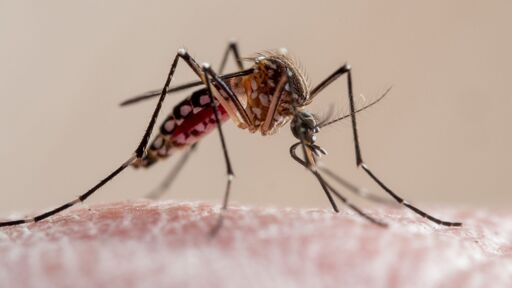- cross-posted to:
- nottheonion@lemmy.world
- cross-posted to:
- nottheonion@lemmy.world
A severed mosquito proboscis can be turned into an extremely fine nozzle for 3D printing, and this could help create replacement tissues and organs for transplants.
I’ve linked to a decent write-up on Tom’s Hardware, but New Scientist covered it last week too.
Source paper: 3D necroprinting: Leveraging biotic material as the nozzle for 3D printing (science.org)



Interesting fact: You can use an elephant’s trunk as a low-resolution 3D printing nozzle
More interesting facts: you can use a human penis as a medium-resolution 3D printing nozzle
This one seems about that size
Yes but does it have to be dead at the time?
I’m really not sure why they felt the need to point this out in the article.
Yes, the first attempts via the more obvious approach of using a live mosquito were a lot trickier, because the techniques involved in persuading the mosquito to comply were outside of the highly-specialised knowledgebase of the team. That is, until one serendipitous moment when one particularly heavy-handed researcher accidentally killed a mosquito whilst trying to attach it to a printer. The surprise and elation that must have resulted when they realised they could use mosquito husks was, surely a sight to behold. The missing piece of the puzzle had finally fallen into place. Some might even say… by Divine Providence, perhaps?
I daresay some of the project leads were kicking themselves nonetheless: “It’s so simple! Dead mosquito proboscises! Dead! Why didn’t I think of that?!”, etc. But I think we should go easy on them; we could all get a doctorate in the field of hindsight!
In the end, just like many discoveries before it: penicillin, safety glasses, velcro etc., this breakthrough simply owes a lot to blind chance.
.